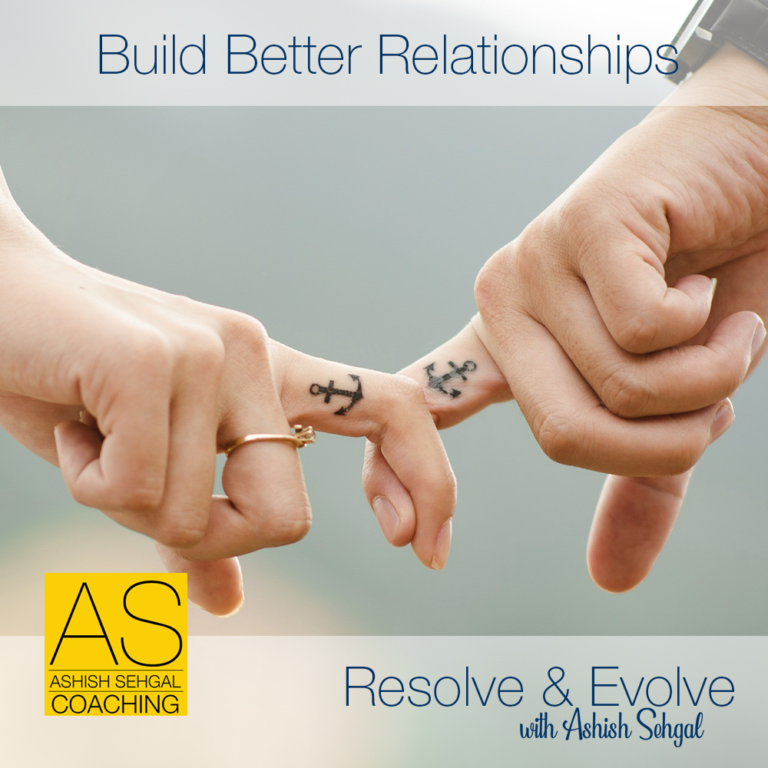How do I deal with my idealism? I often feel guilty.
Questions: How do I deal with my idealism? I often feel guilty.
Answers: Idealism is a positive quality, but it can also be a source of frustration and guilt when reality doesn’t align with our expectations. Here are some tips for dealing with idealistic feelings and avoiding feelings of guilt:
Manage your expectations: It’s important to recognize that the world is not always a perfect place and that things may not always go according to plan. Try to manage your expectations and be realistic about what you can realistically achieve.
Focus on what you can control: Instead of feeling guilty about things you can’t control, focus your energy and attention on the things you can control and make a positive impact in those areas.
Practice self-compassion: Be kind to yourself and don’t be too hard on yourself when things don’t go according to plan. Remind yourself that everyone makes mistakes and it’s okay to not be perfect.
Find ways to make a difference: Instead of feeling guilty about not being able to change the world, look for ways to make a positive impact in your own life and community. Even small acts of kindness can make a big difference.
Seek support: If you’re feeling overwhelmed or struggling with guilt, consider seeking the support of a trusted friend, family member, or mental health professional.
Reframe your thinking: Instead of viewing your idealism as a source of guilt, try to view it as a source of inspiration and motivation to make positive changes in your life and in the world.
Celebrate your successes: Celebrate your successes, no matter how small they may be, and acknowledge your progress and accomplishments.
Remember, idealism is a positive quality, and it’s important to maintain a balance between idealism and realism. By managing your expectations, focusing on what you can control, and seeking support, you can avoid feelings of guilt and use your idealism to make a positive impact in the world.

